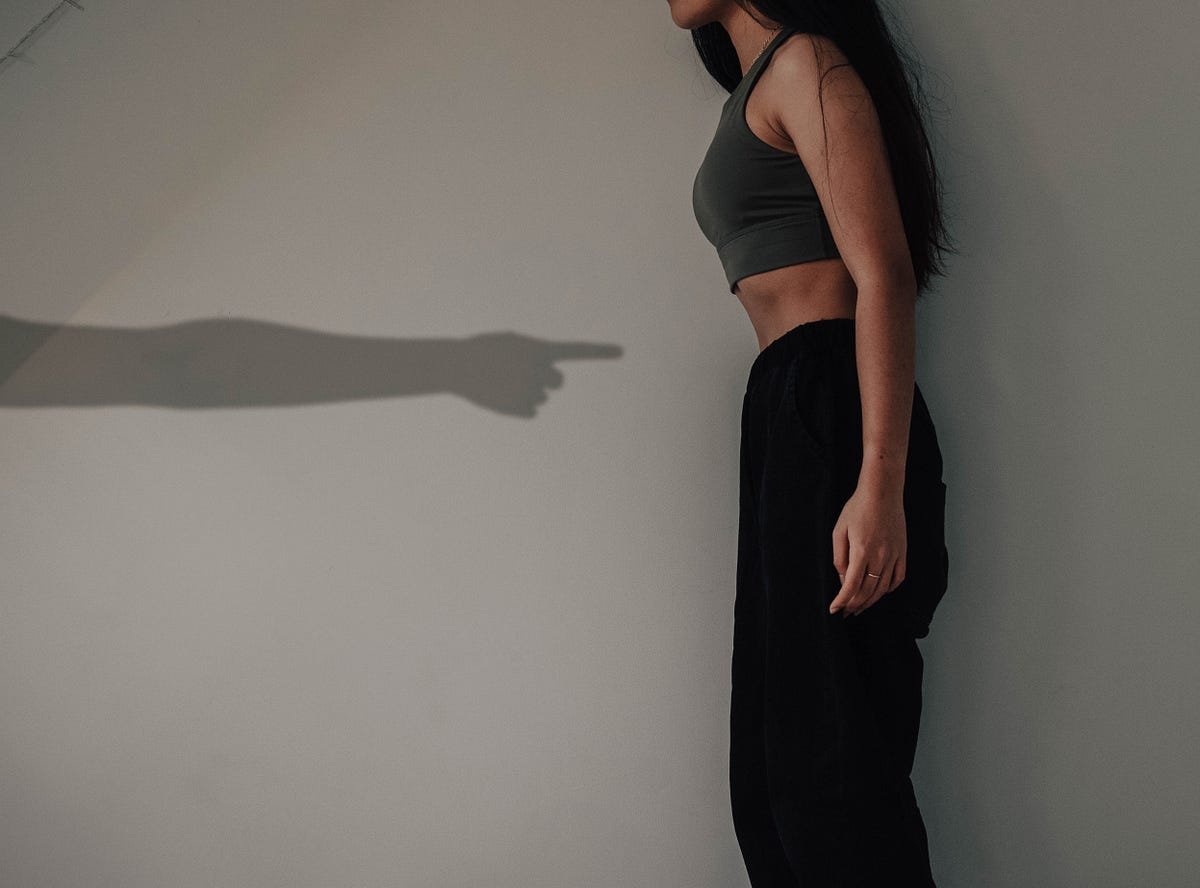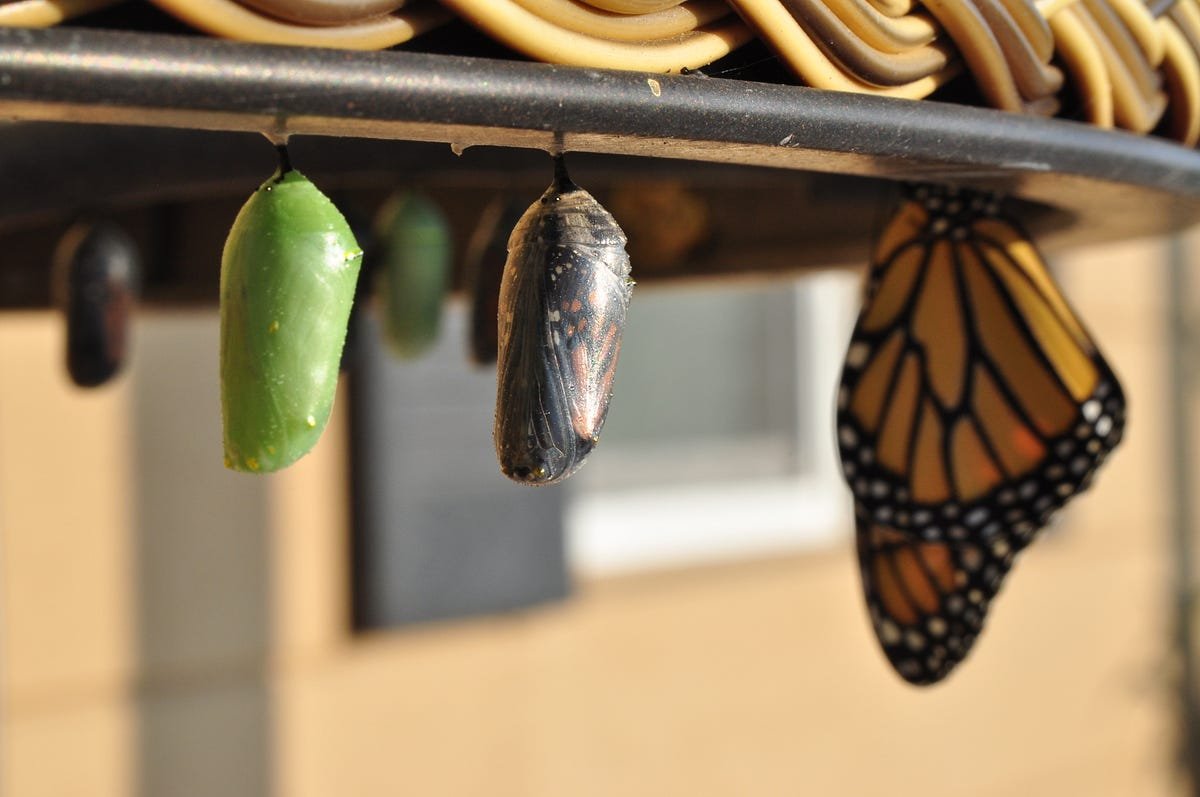Breaking the Taboo: Women, Aging, and the Pressure to Pursue Perfection
Photo by Drop the Label Movement on Unsplash
“In lady years, I’m a crone, and somehow you’ll still be considered sexy, at like, 70, no matter how wrinkled and bald you get,” says Reese Witherspoon’s character to Ashton Kutcher in the 2023 film, “Your Place or Mine.”
In the film, the 40-something-year-old characters are the same age, but “not in lady years,” according to the script.
Whether this ridiculous rom-com promotes ageism or simply documents an undeniable aspect of our cultures’ collective mindset toward aging women, this message pushes a familiar button.
Many women are caving to the pressure, pursuing an ever-elusive, superficial brand of perfection well before they even reach middle age.
According to The Aesthetic Surgery Society, plastic surgical procedures increased by 54% in the U.S. alone in 2021. Women account for 94% of all procedures and 43% of college-aged patients admit to a willingness to undergo more surgeries in the future.
Once a luxury afforded mainly to the rich and famous (Demi Moore reported spending over $500,000 in plastic surgeries, for example), surgical procedures like rhinoplasty, botox, breast lifts, and breast augmentations are becoming increasingly popular among “ordinary women.”
Negative messaging around female aging in a culture obsessed with youthful beauty is persistent. The older I get, the more I feel like these messages are everywhere.
The Shame Around Being “Normal”
The result is that it is becoming abnormal to simply be normal, and allow aging to take its course.
I’ve felt some pressure regarding an aspect of my appearance, and even though I’ve got a mental list of moral and philosophical rebuttals that I pull up every time I feel triggered, I still struggle and grieve old wounds from time to time.
Like today. I cried for 20 minutes after seeing this photo for the first time. Because of my boobs. And also because…PMS. Thank you, hormones.
Because I am a woman in this culture, and my flaws have been made crystal clear to me, I look at this photo and hyper-focus on one feature.
I have given birth. I’ve nursed two babies who are now beautiful children. I’m approaching 40. I’ve deeply absorbed the message that a breast lift would enhance my appearance according to popular standards.
Even as I cry over these estrogen-drenched, adolescent-like feelings, I remember that I’m a survivor. I had cancer and beat it. I was addicted to alcohol and I ditched it. I realize how lucky I am. I also know what many don’t…how amazing it is to simply breathe.
However, I can’t deny that this stage of life in my body isn’t an awkward one, both physically and emotionally. It feels like society expects me to either: (a) hide signs of my aging; or (b) hide the fact I’m struggling emotionally with aspects of it.
As women, we are just supposed to deal with it. Either “fix it” or accept it. There doesn’t seem to be an in-between.
To speak of it feels akin to pointing out an elephant in the room — the shame around women’s bodies is so taboo that it is not openly spoken of, but it is right there.
I wonder, can there be a path between conformity and hidden tears?
Can I choose the natural path and also be honest about the fact that I cry about the changes and the messages in the world that are designed to make me feel less than, simply for aging?
Can I be a strong woman who admires and desires to uphold natural beauty and the lessons to be found in aging and admits that sometimes I feel insecure?
The Roots of Insecurity
The past couple of years have provided an interesting invitation for some deep-self reflection for me, that’s for sure.
I recognize that, regardless of what’s going on outside with the culture or even within my own relationship, insecurity is something in me. This means it’s something I can work with. It is something I can learn from.
I’ve had to ask myself why I absorb critiques so deeply and why I am so sensitive about my appearance.
I’m a sensitive person, there’s no doubt about that, but where did the preoccupation with body-image come from?
I realized that ever since I became a woman, in my teen years, I’ve been getting the message that I’m not enough.
Of course, I got many other messages. I got messages saying, “You’re amazing,” “I’m in love with you,” “You’re so talented,” and “You’re so desirable.”
But the “You’re not enough,” message sure has a loud voice and a way of replaying throughout the years!
When I was 17, I had several meetings with a successful producer and artist developer out of Orlando. He had been an integral part of skyrocketing a certain famous pop singer to super-stardom. She is still famous and active in the movie and music industry today.
The producer liked my music. He wanted to “develop me.” He was very candid about my appearance. He said I had a nice face. He told me to work on getting a flat stomach and a “thigh gap.” He was rather crude about it, to be honest.
I opted not to work with him after reviewing the contract he offered me.
It’s weird; at the time, I felt like I took it all in stride. I wasn’t really surprised by his treatment of me. I was grateful to be considered for the opportunity and for the freedom to turn it down.
However, I struggled with my body image throughout my teens. I dabbled in bulimic and anorexic behaviors up until about the age of 20.
The truth is, critiques cut deep, and the part of me that wants to be “perfect” to others rears its head from time to time.
I’m now nearing 40 and still have a closet full of size zero clothes. I admit, I’m beginning to feel less and less comfortable in them.
And I’m working on being okay with that.
My Approach
Photo by Suzanne D. Williams on Unsplash
When the inner voice turns on me, reminding me of past pain points, hyper-focusing on “flaws,” both in myself and in others, and I tearfully start wanting to google “breast-lifts,” I fall back on a few things.
I remind myself that I want to set a good example for my kids. Do I want to send them the message that they need to or should change their God-given bodies? No.
I remind myself that I can be the change I wish to see in the world. The more “normal” looking women we see in the media, in the world, in the public space, the more “normal” it will feel to allow for natural aging.
I tell myself, “Don’t be conformed but be transformed by the renewal of your mind” from St. Paul’s letter to the Romans.
I pray to be lifted out of insecurity. I ask God to help me get past this awkward stage of hormonal fluctuations where I feel stretched thin between warring impulses: people-pleasing and God-seeking.
I remind myself that if I feel insecure about the way I look in a certain clothing item, I can replace it with a different item. I can find outfits I feel confident in. There are so many less drastic measures than plastic surgery.
I tell myself I can exercise, eat good food, and indulge in extra self-care like massage or a manicure.
I remind myself of all of the tough stuff my body has been through and what a miraculous, amazing creation it is. Allowing someone to take a knife to my beautiful body in order to fit some societal ideal is all kinds of whack.
I tell myself that even if I were to be unaccepted or rejected based on my appearance, that it is an invitation to go deeper into my spiritual life and grow in my dependence on God’s grace. He’s got this. He’s got me.
I imagine myself as a naturally beautiful, happy older woman with light beaming out of her eyes and kindness emanating from her entire being. My future self is solid.
I remember that feeling bliss, peace, and God’s love is really what I want (and likely what others deeply want as well). When it comes to this, appearances don’t matter. You could be the most beautiful or ugly person by societal standards. It truly is what is going on inside that matters. Find it from where you are. And this is where I am.
The more I repeat words of sanity to myself, the more clearly I can see the insanity of the world’s messaging about aging and values. People are anxious and desperate for reassurance, desperate to feel loved. Desperate to distract themselves from their own, inner discomfort.
This world needs sanity, serenity, and sanctity. So the best use of my energy is truly to cultivate and uphold these things.
Onward and Upward
Photo by Kamal Bilal on Unsplash
As I approach 40, I’m starting to wrap my mind around what it would mean to embrace the changes of aging.
I’m seeing what it might feel like to find happiness and contentment while pieces of my identity broken apart and rearranged.
I’m noticing that momentary discomfort and insecure feelings always pass.
I’m conditioning myself to let go of the “past me” and welcome the “future me” in.
Aging is an incredible opportunity to get free of a lot of stuff that just doesn’t matter.
And you know what? It’s a good day to be alive.




